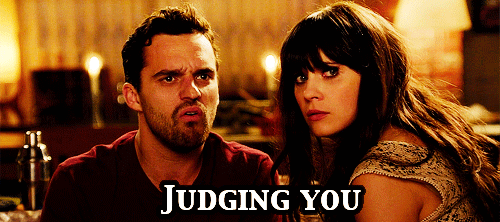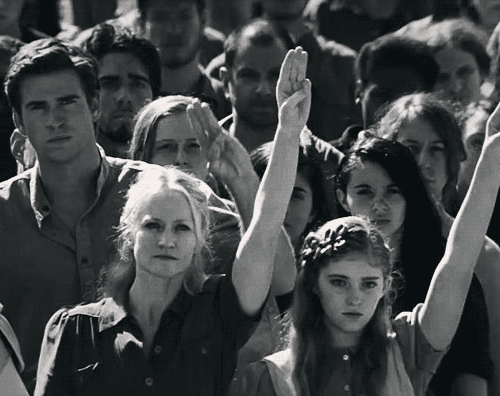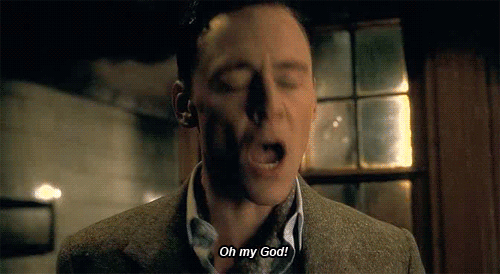With the Morris Award finalists announced, two of my favorite YA blogs–Stacked and A Chair, a Fireplace, & a Tea Cozy--are tackling what it means to be a debut novelist.
First the basics: “The William C. Morris YA Debut Award, first awarded in 2009, honors a debut book published by a first-time author writing for teens and celebrating impressive new voices in young adult literature.” I love the idea of this, and I think it’s a great way for first-time authors to get recognition. At Stacked, Kelly lists the rules that apply to the Morris Award.
The problem mostly comes in with Seraphina by Rachel Hartman, as Hartman had previously self-published a graphic novel about the fantasy world used in Seraphina. Does that count as a previously published work and disqualify Hartman? The Morris committee doesn’t seem to think so, and Kelly and Liz raise good points about what the rules actually say and what that means for writers.
One part in Kelly’s post that struck me:
“I’m not convinced that self-publishing a book is not, in fact, publishing a title. An author does it for any number of reasons: they can’t find a traditional outlet, they prefer not to go through a traditional outlet, and so on and so forth. It doesn’t really matter why they chose not to go that route. What it comes down to is wanting to put a book out there and share their works. “
With more and more people looking to the self-publishing route, I think it’s going to have to be seen as a more viable option by award committees. Like Kelly says, an author is choosing to share their work with the public by self-publishing, just as they would by going the traditional route.
Not that I think this means Seraphina should be disqualified. As Liz notes, the rule regarding self-published books currently seems to treat them as separate entities than previously published books from a traditional publisher–which means that Hartman’s previously published graphic novel doesn’t count toward her Morris eligibility. And Seraphina is an awesome book, and I’m really excited about it being recognized for such a high-profile award.
But I also wouldn’t be surprised if the situation were different in ten years. Again, I think as more people look at self-publishing as an option, I think the committee will have to wrestle further with how that affects eligibility and what constitutes a debut.
If anything, I think this situation has started a really interesting conversation about the line between traditional and self-publishing with regard to awards, and how that line gets fuzzier every year.









